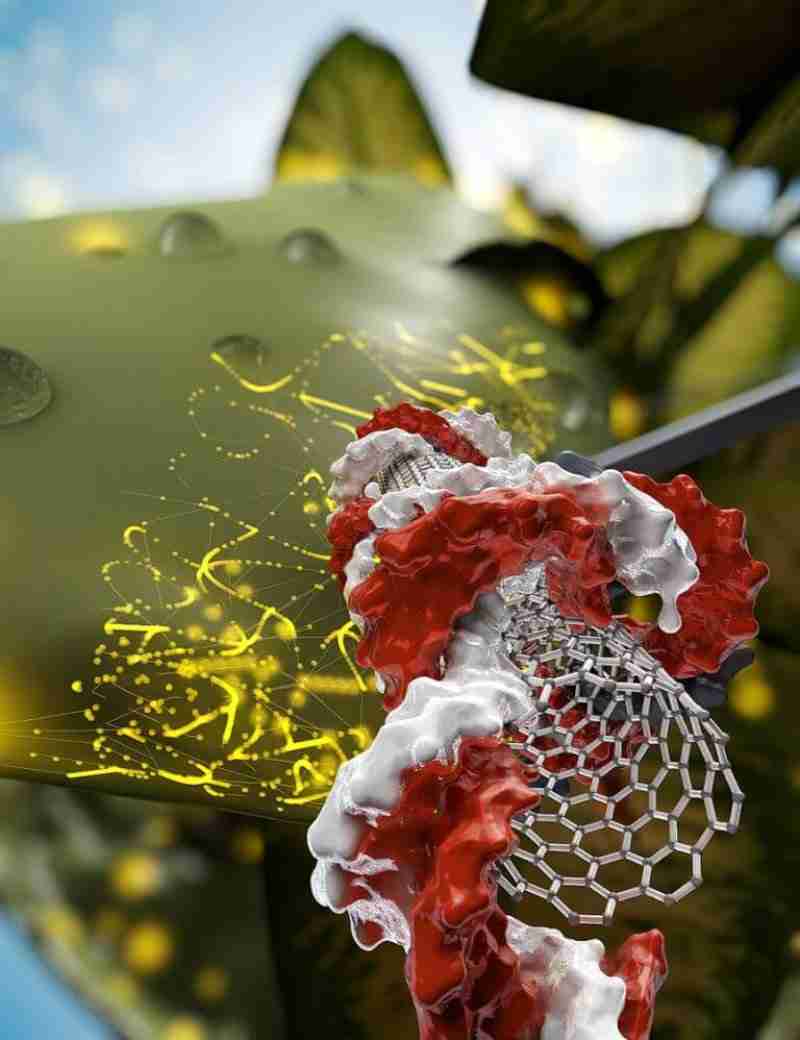Scientists at Nanyang Technological University, Singapore (NTU Singapore) and the Harvard T. H. Chan School of Public Health (HSPH) have found that people who hold negative opinions of genetically-modified (GM) food are likely to feel the same about nano-enabled food—food with nano-additives to enhance flavour, nutrition or prolong shelf life.
In a survey of 1,000 respondents led by NTU comprising adult Singaporeans and permanent residents, close to a third found GM food unappealing, and their negative feelings influenced how they viewed nano-enabled food. Over a third felt neutral about GM food, while the remaining respondents welcomed it.
While the study focused specifically on reactions towards nano-enabled foods, lead investigator and NTU Associate Professor Shirley Ho said that the “spillover effect” they observed from GM food to nano-enabled food could possibly extend to other novel food technologies as well, given that mental associations that people make between similar technologies have shown to influence their behaviour towards a newer technology. This represents a cause for concern for policy makers as Singapore invests in food science and technology as one of its strategies to bolster food security.
With the COVID-19 outbreak extending into the second quarter of the year, the Food and Agriculture Organization of the United Nations has warned of global disruption in food supply brought about by movement restrictions and border controls in a protracted crisis.
The global pandemic has thrust the issue of food security and the necessity to explore cutting edge research in novel food technologies into the spotlight, said Assoc Prof Ho of NTU’s Wee Kim Wee School of Communication and Information.
“The COVID-19 pandemic has highlighted the importance of food security for a small country like Singapore, which imports more than 90 percent of its food consumed in the country. We don’t have the problem of disrupted food supply yet, but we have to anticipate the possibility,” said Assoc Prof Ho.
“Our study is a timely examination of the public’s reactions towards novel food technologies. We may soon be able to make food last longer with the help of science, or dine on lab-cultured meat, but all these would be futile if a sizeable group of people reject these new food innovations.”
…
The study was published in the Journal of Communication on 5 June …. To study public opinion on engineered food, the NTU-Harvard team first surveyed 1,000 Singapore citizens and permanent residents on their thoughts on GM food—for example, asking whether they consider it to be delightful, nutritious, fresh and appealing.
Close to a third, or 305 respondents, showed unfavorable attitudes towards GM food.
The team then investigated how the respondents’ pre-existing attitudes towards GM food affected their feelings about nano-enabled food, and found that those who had unfavorable attitudes towards GM food were also unfavorable about nano-enabled food—what the scientists called a spillover effect.
The scientists also found that participants who were unfavorable towards technology-enabled food may not be swayed to do the same after watching others eat this food.



































